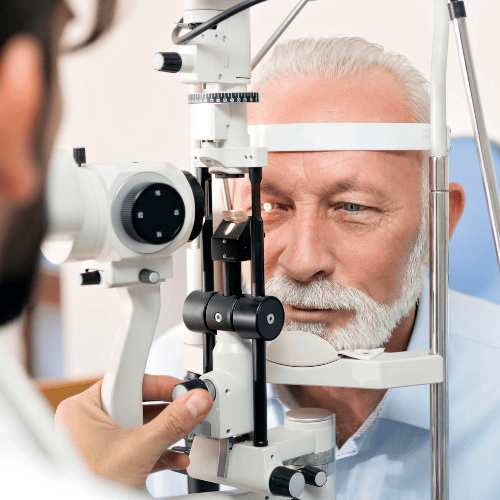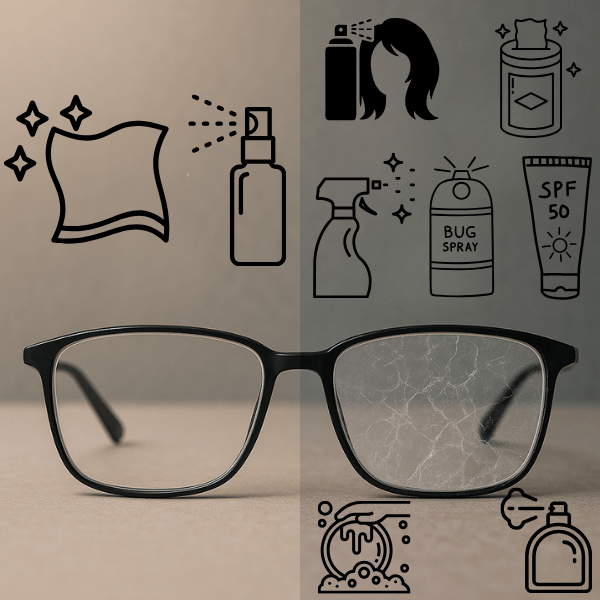STRESS AND HOW IT AFFECTS YOUR EYES

We are all aware of how chronic stress can affect our health. The release of certain chemicals in our bodies (such as cortisol) historically helped us survive by quickening our responses and helping us decide between a “Fight or Flight” response. The accumulation of these chemicals over the long term however leads to negative effects on our physical and mental well-being. An increased risk of depression, heart attacks and high blood pressure are commonly associated with prolonged stress. Our vision may also be affected, here’s how:
More eye infections and inflammations
chronic stress has been shown to cause a lowered immune response, which is one reason why we get sick more often when stressed. Infections of the eyes – viral and bacterial being the most common – tend to become more frequent and severe during periods of stress. Inflammatory problems also get worse. Dry eye disease is strongly linked to inflammation, and we often see flareups related to this condition develop in our patients who are going through challenging life events.
Increased light sensitivity
dilation of the pupils is a common fight-or-flight symptom. This affects our ability to regulate the amount of light entering our eyes causing “photophobia” or irritation from excessive light exposure.
Eyelid muscle spasms
“why is my eyelid twitching?” (one of the most common questions asked of our eye doctors). The type of muscle that maintains tone and shape of your eyelids is especially vulnerable to stressful conditions. The nerves that control these muscles can then fire sporadically, causing a muscle twitch that may last up to several days or weeks.
Blurred vision
This can be the result of several different conditions, ranging from the need for a simple change in eyeglass prescription to the presence of an eye disease. It may also be due to stress. The muscles within our eyes are designed to automatically adjust depending on the task we are engaged with (reading, driving, etc.). Excessive tension in these muscles may impair their ability to automatically focus, resulting in blurred vision that does not improve even with glasses.
Higher risk for eye disease
The chronically elevated cortisol levels that occur with uncontrolled stress or anxiety has been linked to blood flow irregularities. Diseases that depend on blood flow may become more prevalent, including glaucoma and other diseases of the optic nerve.
How do you manage eye and vision problems related to stress? Here are a few quick tips to get you started:
See your MVO optometrist They will be able to correctly diagnose your condition and provide the most optimal treatment to manage your condition.
- Replace your contacts regularly. This keeps the buildup and deposit levels low and reduces your risk for eye infection.
- Use the “202020 rule” while working on a screen or reading – every 20 minutes, look at a distance of 20 feet, for 20 seconds. This keeps your focusing system flexible and less likely to tighten up and cause eyestrain or blurry vision.
- In some cases our optometrists may prescribe temporary relaxing lenses to help your focusing system cope function more efficiently.
- Slow down! Reduce your workload wherever possible and overall activity level. Consider yoga, meditation, dietary changes and moderate exercise.
References:
How does Stress Affect Your Immune System? (news-medical.net)
The primary vascular dysregulation syndrome: implications for eye diseases - PubMed (nih.gov)
How does stress affect the eyes? - The Hippocratic Post











